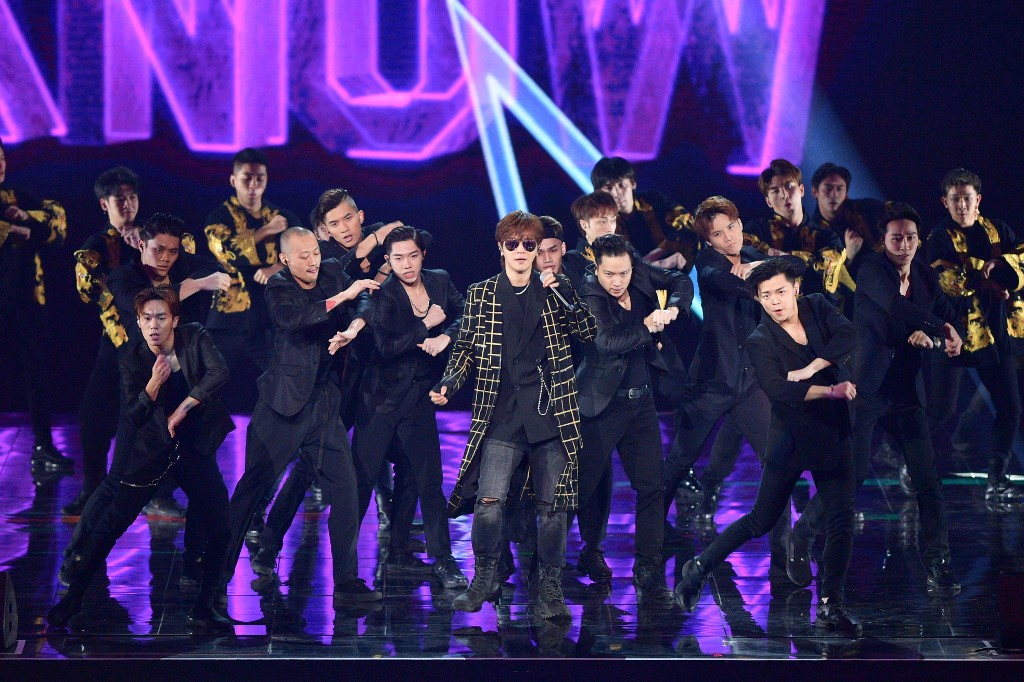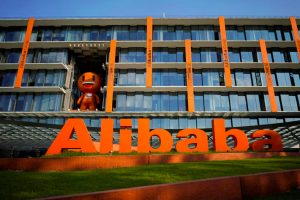Mid-year online shopping bonanza sees billions of yuan spent on everything from top tech to pet care products and represents a critical showcase for start-ups across the country
(AF) Emerging local brands have won over established brands in hundreds of categories by sales in this month’s mid-year “6.18” online shopping event in China, a live e-commerce bonanza that rakes in billions of dollars for sellers.
In total, 459 brands that have been on the market for less than three years won sales in their segments on tmall.com in the first 15 days of June, according to the Amazon-like e-commerce platform under Jack Ma’s Alibaba Group.
The figure represents a surge compared with 360 new local brands last year.
Also on AF: Grapes of wrath! Australia takes wine dispute with China to WTO
The 6.18 annual shopping event was originally initiated by JD.com to celebrate their anniversary, but has now become China’s second largest shopping event next to Alibaba’s 11.11 Global Shopping Festival, also known as Singles’ Day.
Promotion centres on June 18 but typically stretches on for weeks. Many of this year’s best performers came from domestic start-ups targeting young Chinese consumers’ evolving tastes.
Guangdong province-based Narwal recorded the most sales volume with robot vacuums on Tmall, and Tineco, a sub-brand of Ecovacs, took the first place in the cordless vacuum cleaner segment. The US’s iRobot, a previous best-seller in China, has long disappeared from the list.
In the increasingly-popular category of pet care products, Catlink took the top spot in ‘smart’ cat litter boxes, and Cature was the best-selling brand for pet oral care products. Both companies are based in Shanghai.
MOUTH SPRAYS
Shanghai-based BOP recorded the most sales in mouth sprays in this year’s 6.18 on Tmall, and Guangzhou-based Usmile was the best-selling brand for electric toothbrushes. Ubras was the best-selling brand for women’s underwear this year.
Still, the biggest winner was Apple, whose iPhone 12 recorded the top sales volume in this year’s shopping event across all product categories.
Although Beijing’s anti-trust rules prevent Alibaba from forcing merchants into exclusive partnerships, a survey from eBrun.com showed that most brands have still chosen Tmall as their primary sales channel for 6.18.
More than half of brands that participate in the Tmall promotions have allocated over 30% of their market budget to Tmall, and about 40% of the brands said Tmall accounted for over 50% of their sales from the shopping event, according to the survey.
BRANDS LAUNCH
In April, Chinese authorities announced a fine of over $2.8 billion on Alibaba for its “picking one from two” practice, which was considered monopolistic. The e-commerce behemoth’s affiliate, Ant Group, was suspended from its IPO last November and is now going through a government-designated business overhaul.
With over 200 million “Generation Z” consumers using its platform, Tmall has become a popular destination for start-ups to launch their brands.
Start-ups also use short video platforms such as ByteDance’s Douyin and Kuaishou and Instagram-like social media channel Xiaohongshu to promote their products and quickly expand their influence over China’s GenZ.
VENTURE CAPITALISTS
The 6.18 is closely watched by venture capitalists, and many of them have chosen to invest in start-ups that emerge from this shopping event, Zhu Haitong, Founding Partner of Z Capital, told Yangcheng Evening News.
At least 24 brands were able to secure financing during the presale period of 6.18, ranging from several million yuan to several billion yuan, according to e-commerce news portal Global Netrepreneur.
Last September, Tmall announced a plan to help 1,000 new brands to each record over 100 million yuan ($15.5 million) in annual sales within three years. Pinduoduo and JD.com have announced similar plans to “incubate” the new brands.
Read more:
China News Digest, June 21: Futures markets and errant apps
Big-name banks pushing hard to tap China’s growing wealth
























